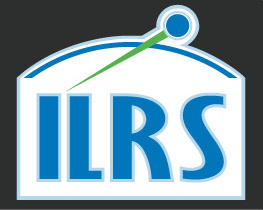Improving ILRS Performance to Meet Future GGOS Requirements
October 02 – 05, 2017
Riga, Latvia
Every two years the ILRS conducts Technical Workshops to focus on a few timely topics that impact the quality of our data products and our operations. These workshops are held in intervening years between the full International Workshops on Laser Ranging and are intended to provide time to articulate the issues carefully, allow for careful discussion, and formulate a path forward. The 2017 ILRS Technical Workshop, sponsored by the Institute of Astronomy at the University of Latvia and the ILRS, was held in Riga, Latvia, October 02 – 05 with the theme "Improving ILRS Performance to Meet Future GGOS Requirements". The workshop focused on addressing the following questions:
- What are the current and anticipated laser ranging requirements for the various satellites and have we defined them properly?
- How do we evaluate our current performance and is it adequate?
- What factors are currently limiting our network performance?
- What operational steps and tools would help us to better meet satellite ranging accuracy and scheduling requirements?
- What automation capabilities have been implemented or are planned for implementation, and what automation capabilities should stations consider?
Over 120 attendees (photo - © Toms Grinbergs, University of Latvia) participated in the workshop. The program included over 50 oral presentations as well as several posters. The Program section of this website includes links to all available abstracts, presentations, posters, and papers.
Program committee:
Mike Pearlman
Kalvis Salmins
John Degnan
Ludwig Grunwaldt
Evan Hoffman
Georg Kirchner
Pierre Lauber
Frank Lemoine
Cinzia Luceri
Jan McGarry
Chris Moore
Horst Mueller
Carey Noll
Toshi Otsubo
Erricos Pavlis
Jens Steinborn
Local organizers:
Kalvis Salmins
Ilgmars Eglitis
Darta Ubele
Dina Berzina
Workshop Supporters:
Riga Photonics Centre
Eventech
LightGuideOptics International
Mono Spektra




